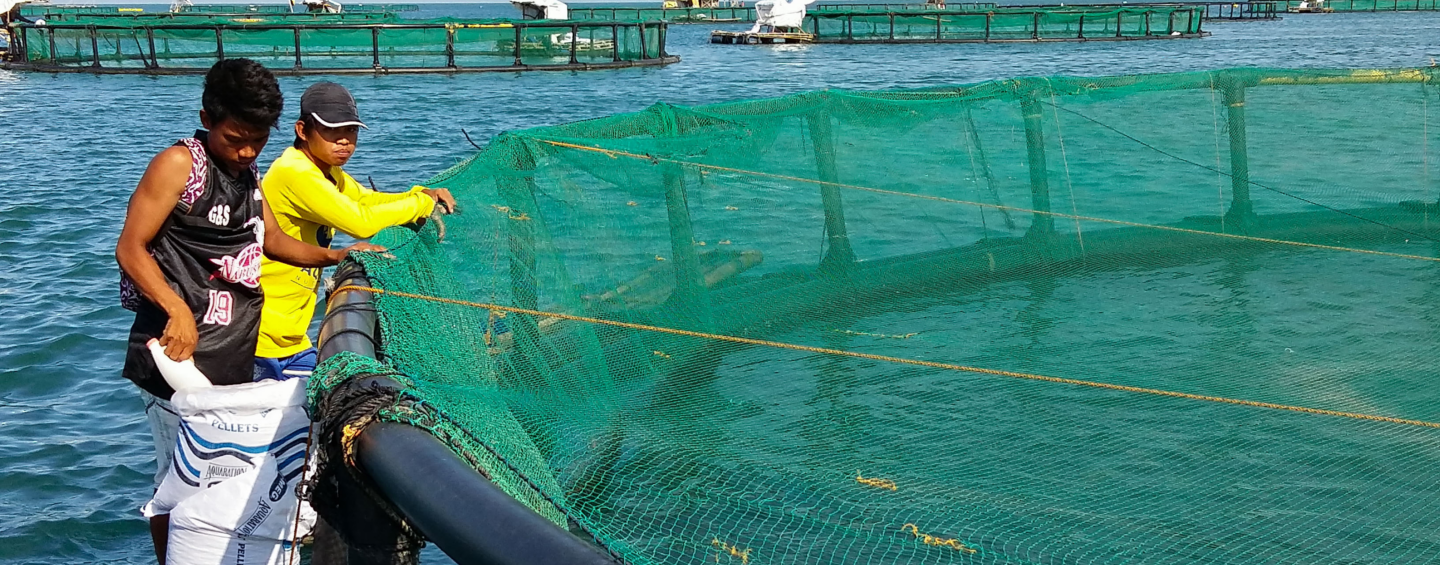For years, SFP has been refining its FishSource online database to give our partners a way to track current data on the fisheries they source from for wild seafood. This let’s them see just how sustainable those fisheries are and, more importantly, which fisheries need improvement.
Today, we’re happy to see FishSource has become a valuable tool in the ongoing work toward sustainable fisheries; but even as we take pride in that success, we know we are only serving half of the global seafood industry. Aquaculture now accounts for approximately 50 percent of seafood production and, as the fastest growing food production industry globally, its share is expected to continue to increase.
We know that FishSource cannot serve the global seafood industry without including aquaculture, and we’re excited finally to be taking our database down that road as well. SFP is now adding drafts of aquaculture profiles to its existing 2,000 fishery profiles, and we want your advice on how we can develop our new aquaculture efforts further.
Given SFP’s focus on the zonal approach to aquaculture management, the profiles aim to inform the industry of places where this approach is becoming more established. Zonal management is still a relatively new concept and the science is not as standardized as for wild fisheries, but the new profiles identify zones adopting this new approach – even with the aquaculture industry’s wide diversity of species, production systems, and management unit scales.
We are excited to present the first 11 draft aquaculture profiles on FishSource, including one shrimp profile, three tilapia profiles, and seven salmon profiles. The latter were produced as part of a pilot project in partnership with Nestlé Purina Petcare, as they are taking a leading role to better understand their sources of farmed salmon.
These draft profiles are a first step in an iterative process of updates, revisions, and refinement. The structure and the content of the profiles focus on the how well a given management unit has adopted zonal aquaculture management, which we believe is a critical base for developing a responsible aquaculture industry. We recognize that data is not widely collected at a zonal level, however we hope that in creating and sharing these profiles we can better present the issues and encourage expanded data gathering to spur progress in zonal management.
We welcome any feedback, comments, or suggestions that you may have on the aquaculture profiles on FishSource.
Feel free to contact Jenna Stoner, Aquaculture Analyst, at jenna.stoner@sustainablefish.org.

